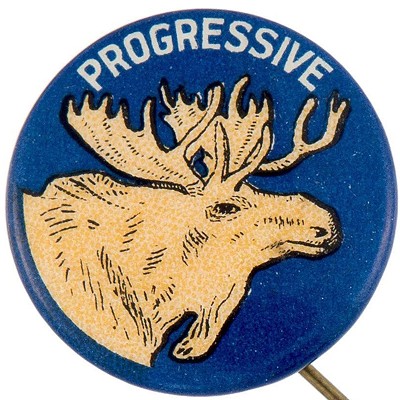The fight for workers' rights is enjoying a renaissance of sorts at the moment. Specifically, the fight to increase the minimum wage to $15 an hour is gaining steam. But it doesn't end there.
The Trans-Pacific Partnership trade deal appears to be on the chopping block, if you listen to both major parties. A ban on asking about potential employees' previous salary histories before making an offer was just passed into law in Massachusetts; that helps to combat wage inequality, as well as aiding all workers in their quest for a fair salary offer. In Seattle and elsewhere, new regulations, requiring increased notice when it comes to employees' schedules, are being considered.
These battles aren't easy. Certainly, there have been setbacks for labor in states like Wisconsin, where right-to-work laws are deeply damaging the ability of unions to organize. That said, following a decade of diminishing power, the trend over the past couple of years is that labor is gaining strength.
Unfortunately, while these victories are reaping real rewards for American workers today, they fail to address the metaphorical 2-ton safe that hovers above labor's head. Come to think of it, it's actually not a safe, but a 2-ton robot.
Increasingly, robots are becoming able to do the jobs that traditionally have been done by human beings, which is to say all of them.
For example, robots are already able to drive cars. In fact, self-driving cars are on the road today. You can even buy consumer vehicles that can drive themselves while you're in the back seat (though you're not legally allowed to). It's not going to be long before self-driving cars replace taxi and Uber drivers. Not long after that, we'll see all of America's 3.5 million truck drivers replaced by robots. The food service industry will only lag behind this robot revolution for so long.
It's not just Main Street jobs being replaced by less adorable R2-D2s. Wall Street trading is increasingly being done by computers, with less and less oversight by human supervisors. Plausible scenarios where robots replace most lawyers are a popular topic among futurists. Robots are coming for all of us.
To summarize: The battles of the past century to protect workers are being won right now, just as they begin to fade into irrelevance. That doesn't mean they aren't worth fighting and winning. Real people benefit today from improved wages and working conditions. But we also have to begin fighting the next battle for a society that is just for everyone, including people who don't have the capital to start their own companies staffed by robot workers.
This means dusting off ideas like President Nixon's proposal for a guaranteed minimum income, or considering implementing programs like Alaska's Permanent Fund Dividend, which pays every resident a portion of profits from oil sales. For example, a tax on robots could provide a dividend to all citizens.
Regardless of what solution we arrive at, we have to consciously start building the society we want to exist — before robots build it without us. ♦
John T. Reuter, a former Sandpoint City Councilman, has been active in protecting the environment, expanding LGBT rights and Idaho's GOP politics.


















